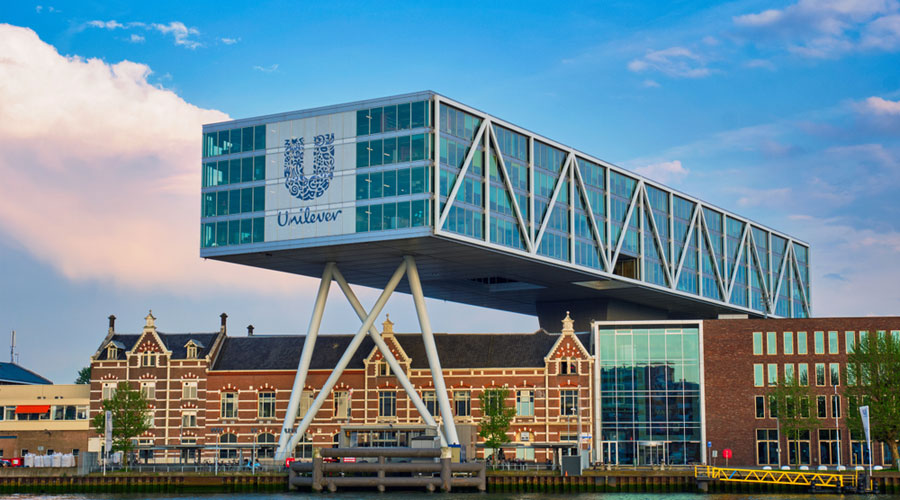Consumer goods giant Unilever said it had approached GlaxoSmithKline about buying the pharmaceutical group’s consumer goods arm, after a newspaper reported that a £50 billion ($68.4 billion) bid it made had been rebuffed.
Unilever, which has been under fire from some investors over its underperforming share price, confirmed the approach about a potential acquisition of the business in a statement on Saturday.
“GSK Consumer Healthcare is a leader in the attractive consumer health space and would be a strong strategic fit as Unilever continues to re-shape its portfolio,” it said.
“There can be no certainty that any agreement will be reached.”
GSK declined to comment on the approach. The group’s consumer goods business is due to be spun out into a separate listing in the middle of this year.
Earlier, Britain’s Sunday Times said the Unilever bid for the business made late last year was worth roughly £50 billion, and had been rejected as too low by GSK and Pfizer, which owns a minority stake in the division.
The approach by Unilever, which owns brands such as Dove soap and Marmite, for Glaxo’s portfolio of household brands, including Panadol painkillers and Sensodyne toothpaste, was understood to have been unsolicited, the report added.
The bid did not include any takeover premium or recognition of synergies, the newspaper said, adding that it was not clear whether the group would make a higher offer.
Unilever declined to comment on whether it would return with a higher bid. Brokerage Jefferies last year put a valuation for the whole consumer unit at £45 billion.
The offer comes at a time Unilever’s chief executive Alan Jope is under pressure to turn around its languishing stock price as it struggles to compete in the face of high inflationary costs, especially in emerging markets, its biggest source of revenue.
The FTSE-listed conglomerate's stock has fallen 10% over the past year compared with P&G's 18% rise and Reckitt's 1.4% decline, despite a pandemic-driven boost in shopping for groceries and household goods that has benefited all three companies. read more
British fund manager Terry Smith, whose Fundsmith vehicle is a top-10 Unilever investor, this week criticized the group for promoting sustainability credentials at the expense of performance.
Smith was not immediately available to comment.
INVESTOR PRESSURE
Investor activism has also reared its head at GSK.
In April last year, U.S. activist hedge fund Elliott Management revealed a multi-billion pound stake in GSK, putting pressure on CEO Emma Walmsley to explore a shake-up of the company after it fell behind in the Covid-19 vaccine race.
The consumer remedies industry, which has traditionally been attached to the prescription drug sector, is also in a phase of major transformation as several pharma companies no longer see a benefit in a combination.
Johnson & Johnson in November unveiled plans to spin off its consumer health division, owner of the Listerine and Baby Powder brands, to focus on pharmaceuticals and medical devices. Sanofi has said its consumer unit would become “standalone” business. read more
For Unilever, the deal would be the biggest move for Jope since becoming CEO in 2019.
He has previously shot down suggestions that Unilever was in the market for big deals, saying instead that the company would focus on smaller acquisitions in fast-growing areas such as luxury beauty, plant-based foods and health and wellness.
If a deal with GSK does go through, it will be Unilever's second with the company after it bought its health food drinks business, including Horlicks, in India and other Asian markets for 3.3 billion euros in 2018.
BUYING SPREE
• Unilever confirms interest in GSK assets
• GSK consumer business would be “strong strategic fit”, Unilever says
• Sunday Times says 50 billion-pound bid rejected in late 2021
• Unilever is under pressure from shareholders over stock price











